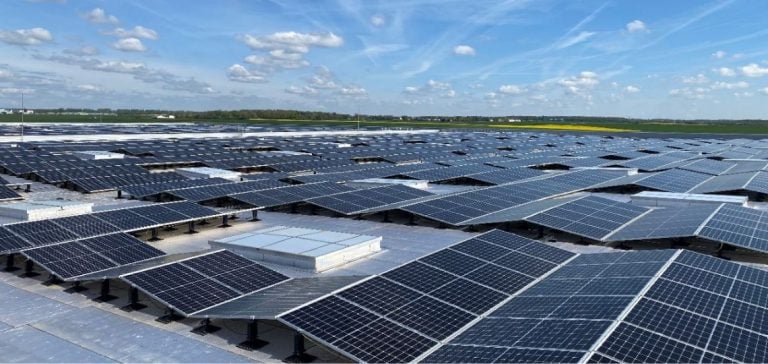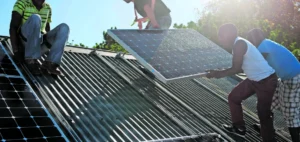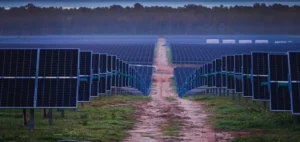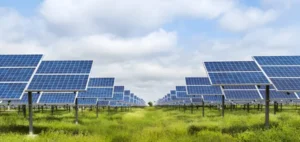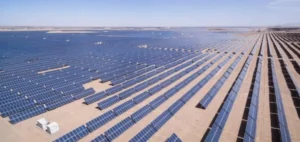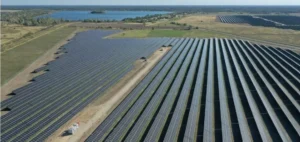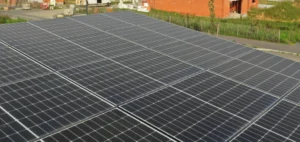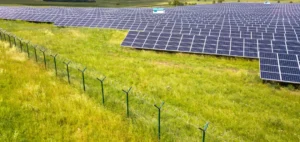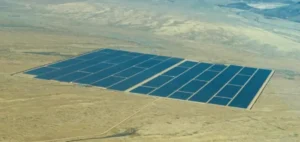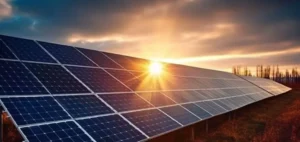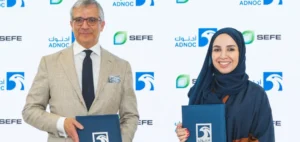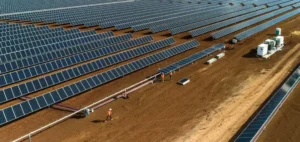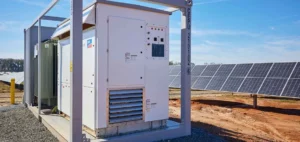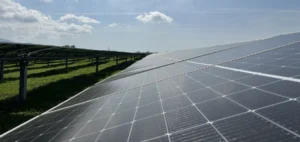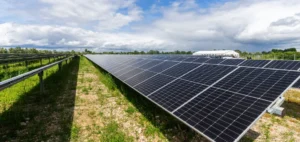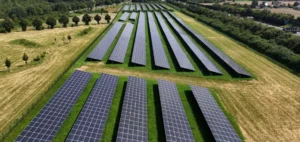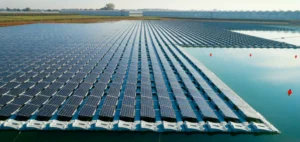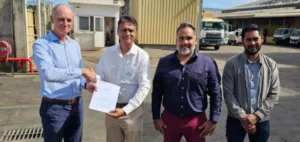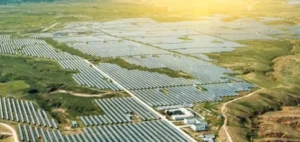Axpo, through Urbasolar, commissions France’s largest rooftop solar power plant in Beauvais.
Covering an area of 62,000 square metres, the plant boasts a capacity of 12.8 MWp.
This capacity will generate around 13 GWh of electricity per year, covering the consumption of almost 3,000 French households.
Located some 80 kilometers north of Paris, the plant represents a major step forward for the development of renewable energies in France, where decarbonization targets are focusing in particular on solar power.
Axpo, active in several European countries including Germany, Switzerland, Italy, Spain and Poland, continues to develop large-scale solar infrastructures in France. The company’s strategy focuses on optimizing existing infrastructures and developing new projects to meet the country’s growing energy needs.
Today, the Urbasolar subsidiary is a key player in the development of solar technologies in France, particularly in the industrial and commercial rooftop segment.
Solid prospects for solar energy in France
The French solar market offers strong growth potential, particularly in the context of public policies aimed at accelerating the energy transition.
The government’s decarbonization strategy calls for a growing share of renewable energies in the national energy mix.
Solar installations, and in particular rooftop projects, play a key role in this dynamic.
France has set ambitious targets for the expansion of solar capacity, supported by favorable tax incentives and regulatory frameworks.
The Beauvais plant is just one of the many initiatives the Axpo subsidiary is undertaking in France.
Urbasolar has already deployed more than 190 MWp of rooftop solar power plants in the country, diversifying its activities into agrivoltaic projects, parking lots covered with solar panels, and even floating photovoltaic installations.
The emphasis on integrating solar technologies into existing infrastructures is helping to optimize the use of available resources while boosting low-carbon power generation.
Strategic partnerships to meet energy needs
The Beauvais project is the fruit of collaboration between Urbasolar, PRD (Percier Réalisation et Développement) and HMC (Harbert Management Corporation), an investment management company involved in several solar projects in Europe.
The involvement of local and international partners demonstrates the importance of cooperation in financing and developing large-scale projects in a sector where capital requirements are high.
This dynamic ensures that new infrastructures can be built and commissioned quickly, while minimizing the risks associated with investments.
These partnerships also enable Axpo to position itself in a variety of market segments, depending on local conditions.
In France, demand for solar installations on industrial roofs is growing strongly, underpinned by regulations encouraging energy self-consumption and ambitious targets for solar production.
The impact of large-scale solar installations in Europe
Axpo is one of Europe’s leading renewable energy operators, focusing on solar projects in several countries.
In addition to its activities in France, Axpo is active in the German, Italian and Polish markets, where similar projects are under development.
In Switzerland, where Axpo is headquartered, the company is also focusing on solar power to diversify its production sources, thereby contributing to the country’s security of electricity supply.
These cross-border projects enable the company to pool its know-how and develop solutions tailored to local needs.
By adopting a multi-technology approach, Axpo aims to combine energy efficiency and low-carbon production, while strengthening the resilience of energy infrastructures to market fluctuations.

